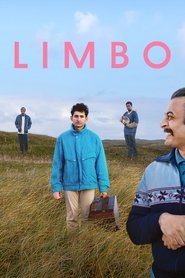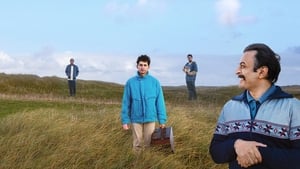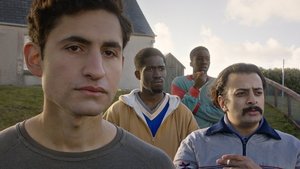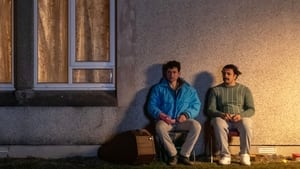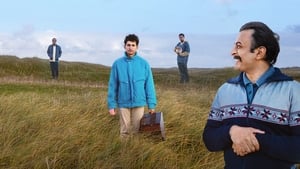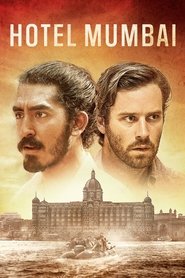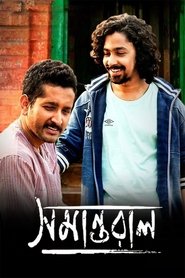
Video Sources 690 Views
Synopsis
Limbo 2021 Movie Download In English Hindi 1080p 720p
StoryLine:
Trying for comedy inside the margins of the migrant crisis is playing with fire. But with his sophomore feature “Limbo,” a humanistic, tenderly deadpan plunge into the psyche of a Syrian refugee, Scottish writer/director Ben Sharrock sidesteps potential hazards like a patronizing tone and cultural insensitivity with deft, delivering something insightful, genuine, and universally relatable.Limbo 2021 Movie Download
Indeed, within the world of movies that unfold around the international refugee crisis—a long catalog of features and non-fiction films of late that liberally and perhaps unavoidably lean into physical and psychological suffering—Sharrock’s tale feels almost like a small miracle with its defiant stance against exploitative hopelessness. It’s not that “Limbo” ignores despair altogether or dismisses the spiritual hurt that its displaced human beings, stuck on a remote Scottish island while awaiting resolution on their asylum cases, experience day in and day out. It just engages with its characters’ pain differently than you might expect. Through a refreshing narrative angle that maintains its tight and modest focus on alienation, a thematic resolve supported by thoughtful visual compositions that prioritize negative space and isolation, Sharrock unearths the many absurdities of misplacement with great perceptiveness. “Limbo” creates an earned sense of hazy sadness, specific to its desolate locale and the persons that inhabit it.In the lead is Omar, played by a terrific, misty-tempered Amir El-Masry who wears the kind of melancholy Sharrock is after on his sleeve like a second skin. A gifted musician back in Syria virtuosic with the strings of an oud, Omar spends his days in an in-between state just like the rest of the refugees stationed at the weird, cut-off seaside outpost. Despite being unable to play it due to a combination of fear and a mysterious hand injury, the young man carries his grandfather’s oud around dutifully like an extension of his body. With his family scattered to different locations—his parents are in Istanbul and his brother, still back in Syria to be a part of the resistance—Omar often gazes into empty space with a tint of nostalgia and hangs out with his similarly placeless companions, when he doesn’t visit the town’s sole phone booth to call his family.
Additional Links:
Original title
Limbo
IMDb Rating
7.2 4,237 votes
TMDb Rating
6.9 66 votes
Director
Director
Cast
Omar
Farhad
Wasef
Abedi
Helga
Boris
Vikram
Plug
Stevie

